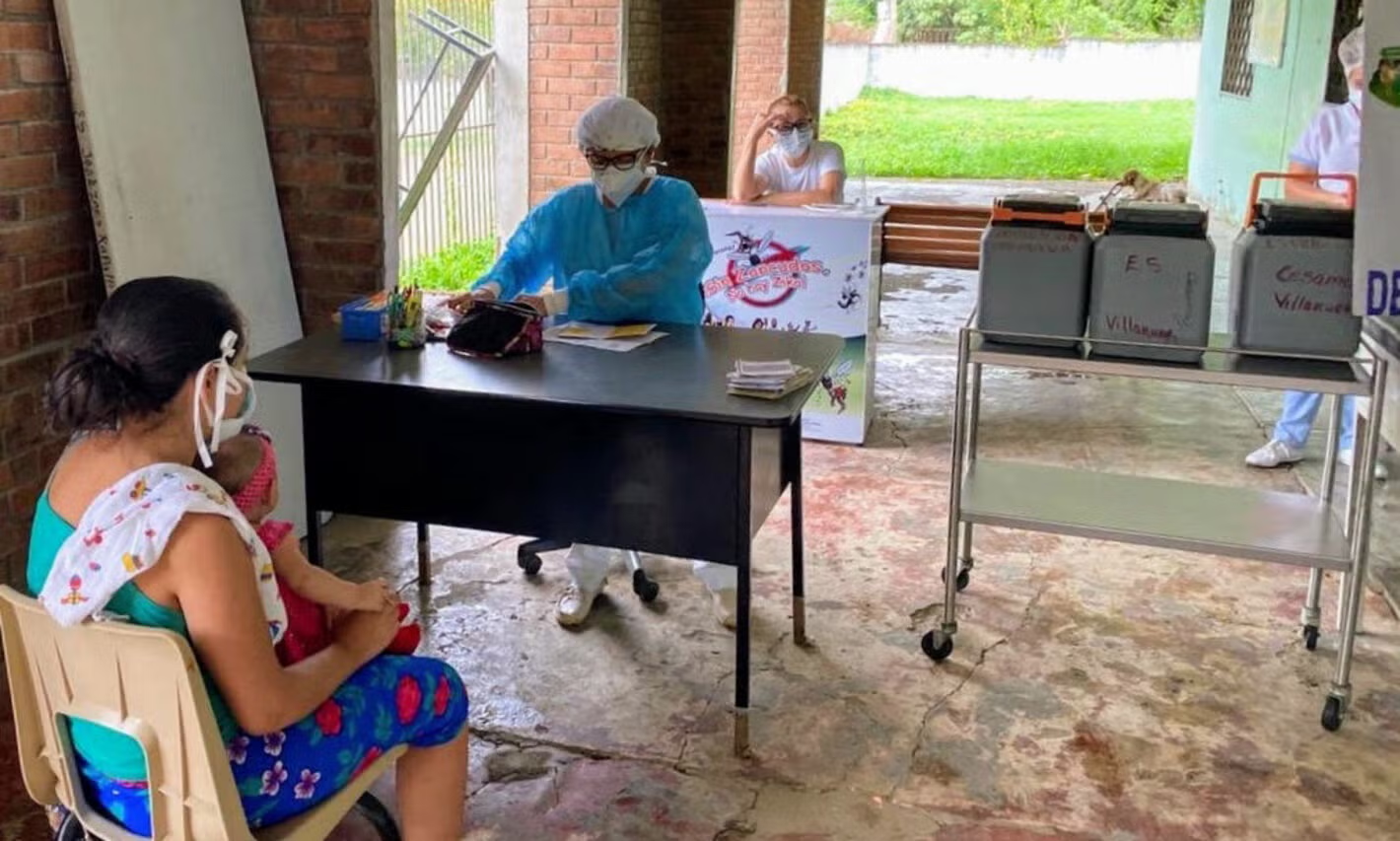
Washington, D.C., June 2, 2020 (PAHO)— The Director of the Pan American Health Organization (PAHO) Carissa F. Etienne said maintaining social distancing measures, improving surveillance, and strengthening health systems are the three keys to controlling the COVID-19 pandemic in the Americas.
Just in the past week there were 732,000 new cases globally, and of these, more than 250,000 new cases were in Latin American countries, “a serious concern that should serve as a clarion call to redouble our efforts,” Dr. Etienne said at a press briefing. “The situation we face is dire, but not hopeless – as long as our approach to defeating the virus is based on solidarity. We must work together, share resources and apply the proven strategies we have learned along the way.”
The Americas, “a region of massive inequalities,” is facing simultaneous health, economic and social emergencies from the pandemic, which must be addressed in combination to stop COVID-19, she said. These include sharply rising numbers of cases, strained economies, and vulnerable groups at greater risk, such as indigenous populations, migrant, and people with chronic diseases.
We are a region of underfunded, weak public health systems grappling with far more than COVID-19. We are dealing with malaria, measles, dengue fever and many other diseases. This means we must be especially determined and adaptable to the unique circumstances of our very diverse region. And we must remember that not all countries, cities and communities are affected in the same way.”
Dr. Carissa F. Etienne
Key lessons from the pandemic on social distancing are to “be careful. Do not open too fast, or you risk a resurgence of COVID-19 that could erase the advantage gained over the past few months. Consider a geographic approach to lockdown and opening up based on the transmission in specific locales as appropriate,” she said. “Social distancing slows transmission so that health services can test suspected cases, trace contacts and treat and isolate patients.”
On surveillance, Dr. Etienne noted, “Even though testing capacity is not perfect, virtually all places in the region have sufficient data to track and monitor where the virus is spreading. This must drive our decision-making. It will also help us better target much needed social support measures. Use data to tailor your response, protect vulnerable communities and focus your efforts where new infections are on the rise. Preventive efforts are more effective when informed by surveillance.”
Health systems are expanding to meet demands from the rising numbers of cases, although “Many places are overwhelmed, operating on the edge of their abilities,” she said. “PAHO has provided adaptable guidance, support and worked hand-in-hand with countries to prepare their health systems for a surge in infections. Engage private hospitals, and social security facilities, draw on the capacities of all sectors in a united resolve to respond to this pandemic.”
Response to the pandemic depends on health workers being safe and healthy, and supplies of Personal Protective Equipment (PPE) must keep flowing as cases rise, Dr. Etienne said. Health workers “risk their lives to save ours, and they need our support now more than ever.”
“We have a tradition of Pan-Americanism—our guiding light since PAHO’s founding in 1902—that has helped us overcome countless outbreaks.” Working together, “countries are stronger in their response if they can learn from one another, pool resources and expertise, and draw on the latest data and our constant support,” Etienne added.



